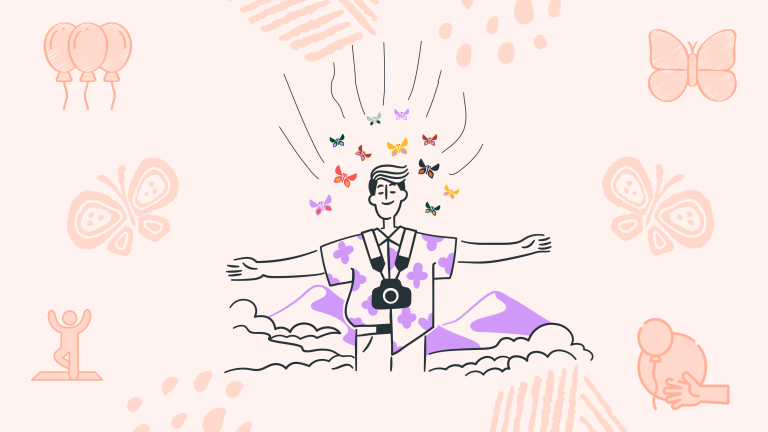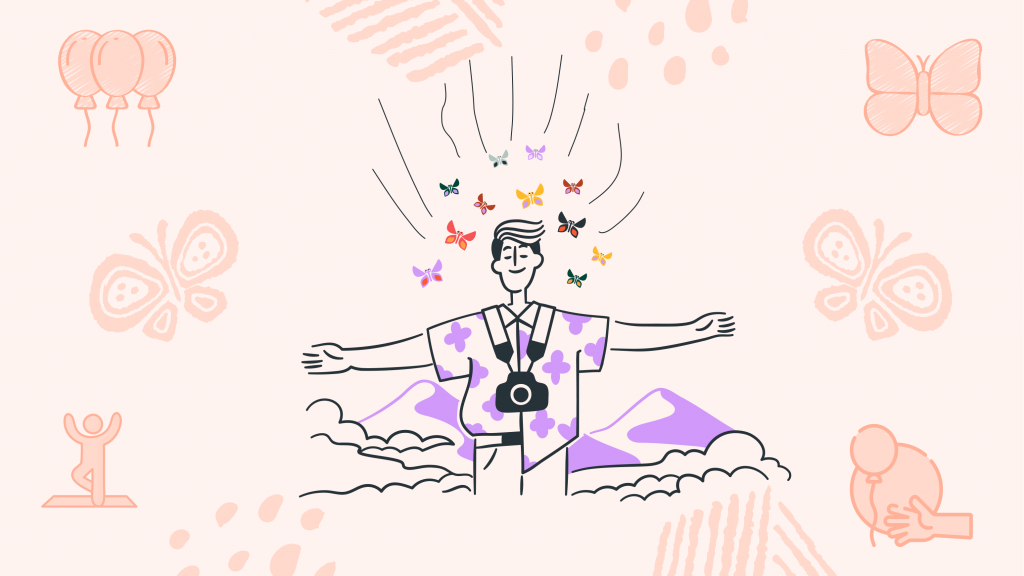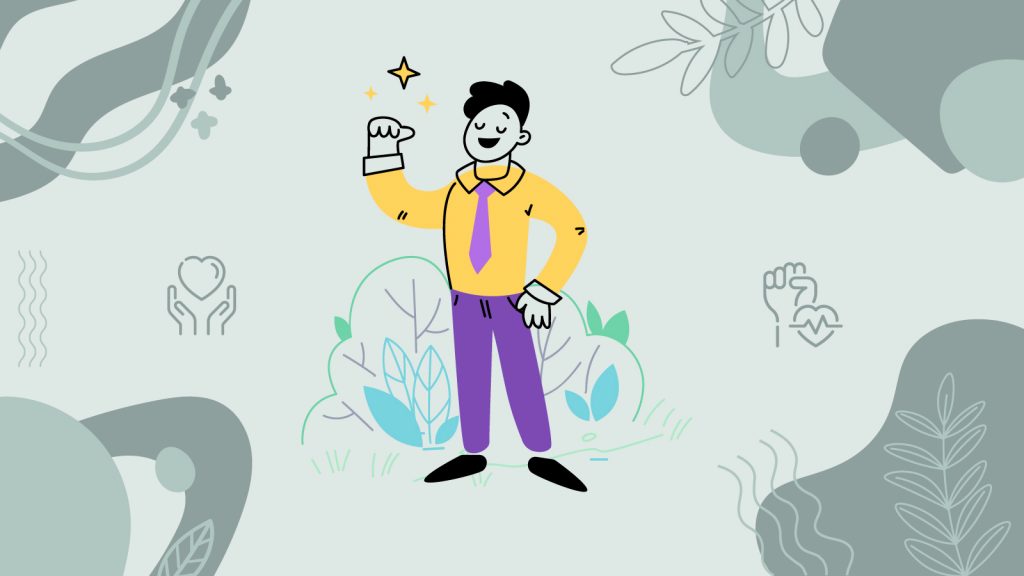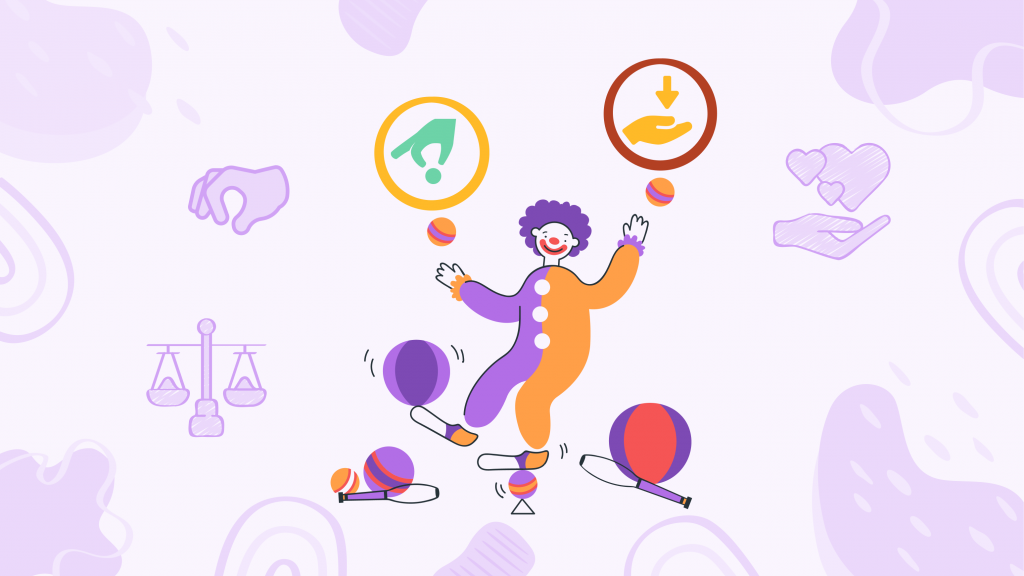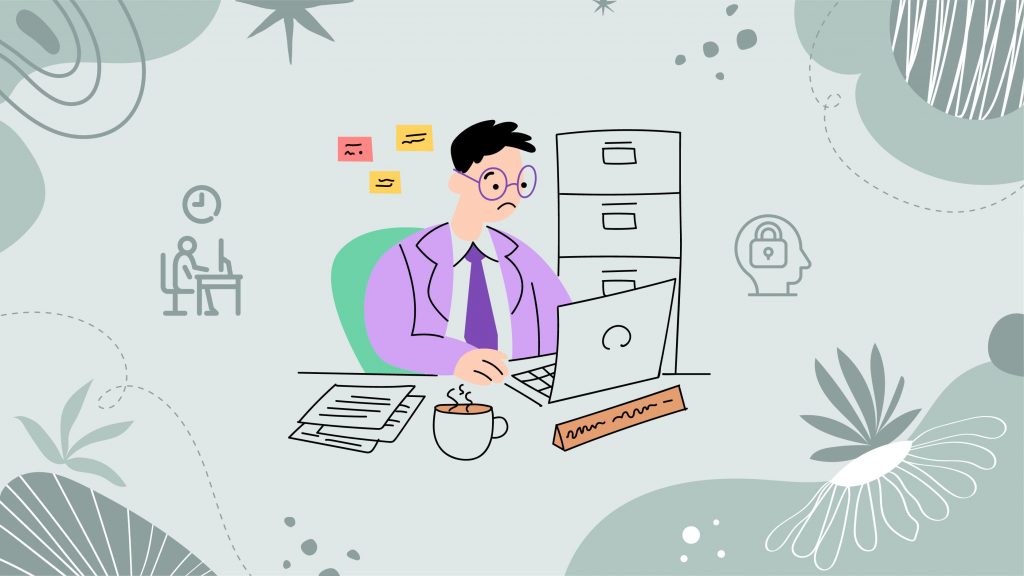The Control Paradox
Ah, the Control Paradox, that tricky dance we all do! You know how it is, right? We often think that if we could just get a grip on everything around us, life would be smoother, and we’d be happier. But let’s be real: how often does that actually work out?
Life has a way of throwing in the unexpected, no matter how tightly we try to hold the reins.
Think about it – ever found yourself trying to micromanage every little detail at work, or obsessively planning every minute of a vacation? It’s like we’re on a quest for this perfect execution, believing that if we can just control it all, we’ll dodge the chaos and the worries.
But instead of leading us to the promised land of stress-free bliss, we often end up in the land of frustration and anxiety, because, surprise, surprise, life doesn’t like to stick to our script!
The Grip of Control
At its core, the need for control is a response to fear and uncertainty. Neurologically, our brains are wired to seek predictability and stability. When faced with uncertainty, the brain activates stress responses, releasing cortisol and adrenaline to prepare for potential threats.
This reaction, while helpful in genuinely dangerous situations, can become problematic in everyday life, leading to chronic stress and anxiety when we constantly try to control the uncontrollable.
Our desire for control is also linked to the brain’s reward systems. When we successfully control an outcome, dopamine, the ‘feel-good’ neurotransmitter, is released, reinforcing the behavior. However, this can lead to a cycle where we feel compelled to control more and more to keep feeling good, even when it’s detrimental to our well-being.
Understanding this complex relationship between control, our neurological responses, and their impact on our mental health and social interactions can be the first step in learning to navigate our desire for control more healthily and sustainably.
Releasing the Reigns
Learning to let go of control involves understanding that it’s okay not to have all the answers and that unpredictability can lead to growth and opportunities. Here’s how to start:
- Mindfulness and Acceptance: Practice being present in the moment without trying to change it. Mindfulness meditation can help train your brain to accept the present without judgment.
- Identify Triggers: Recognize situations where you feel the need to control excessively and explore what fears or beliefs might be driving that need.
- Set Realistic Goals: Focus on what you can influence and set achievable, flexible goals that allow for the unexpected.
- Delegate and Trust Others: Share responsibilities with others, trusting in their abilities and allowing yourself to step back.
- Reflect and Adapt: Regularly assess how letting go of control affects your stress levels and well-being, and be open to adjusting your approach.
Subscribe to newsletter
Get your Gut Health Starter Guide right now.
Elevate your Tuesdays with practical, science-backed wisdom propelling you forward on your gut health journey.

The Liberation of Letting Go
Mark’s story encapsulates the transformative power of relinquishing control. As a project manager, he was accustomed to overseeing every detail, believing that only through his direct involvement could projects succeed. This mindset, however, led to burnout and strained relationships with his team.
After a particularly challenging project, Mark realized his need for control was unsustainable. He began practicing mindfulness to stay grounded in the present and gradually learned to delegate tasks and trust his team’s competence. He set more flexible goals that accommodated unexpected changes, reducing the pressure he placed on himself and others.
“Letting go of control was like taking a deep breath after holding it for too long. At first, I was anxious about relinquishing oversight, but I noticed how my stress levels dropped and how my team thrived with more autonomy.
This shift not only improved my work life but also my personal relationships and overall health. I’ve learned that sometimes, the best way to control my life is to loosen my grip and trust the process.”













